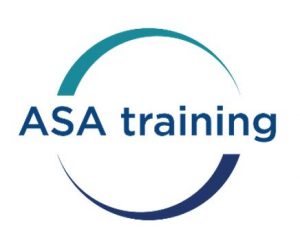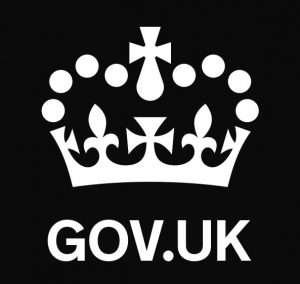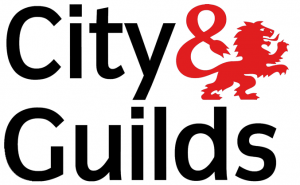Plagiarism Policy/Procedure – Staff and Learners
This policy is available for staff, learners, employers, witnesses and supporting mentors.
Identifying Plagiarism
The expertise of individual Assessors is the best safeguard against plagiarism, supported by appropriate technology where available. Check learner work for:
- the use of unfamiliar words
- grammar and syntax of a standard far higher than that demonstrated previously
- a discontinuous rise in the quality and accuracy of the learner’s work
- the use of texts familiar to the Assessor, but without appropriate referencing
- the use of American spellings and unfamiliar product names.
You might also:
- build an oral element into the assessment process, wherever appropriate, to check on understanding
- ask learners to elaborate on suspect passages within their work
- type a few selected phrases into a search engine such as Google
- pay particular attention to those learners who perform well in coursework but much less well in examinations and tests
- share concerns with colleagues: if everyone has the same suspicions about a particular learner, it would seem appropriate to apply rigorous checks to all of his or her work.
What can you do to help minimise the risk of plagiarism?
The most important thing you can do is contribute to a culture in which learners do not consider plagiarism an option.
You should:
- explain at induction what is meant by ‘plagiarism’ and how it will be monitored and policed
- explain, at an early stage of the course, the concepts of individual ownership of ideas and words, the ownership of electronic material and the difference between ‘intellectual property’ and ‘common knowledge’
- provide instruction in study skills, research skills, writing skills, time management skills and the use of a suitable referencing system to record and cite sources correctly
- use of referencing bibliographies
- provide learners with opportunities to discuss any problems they may encounter, support them at each step and provide them with the resources they need to do the work properly
Links to GDC Fitness to Practice
According to the updated “Student Professionalism and Fitness to Practice” 2024 document, all learners are required to adhere to the GDC standards of professionalism. This covers “Dishonesty or fraud which might include dishonesty in relation to your training, such as cheating and plagiarism”.
Please ensure that you are fully aware of the requirements under the “Student Professionalism and Fitness to Practice”, link below;
Sanctions for non-compliance include:
- Verbal Warning or Written Warning
- Conditions for Improvement & Expectation
- Undertakings/Restrictions to Clinical Practice
- Suspension
- Dismissal
The use of Artificial Intelligence (AI), is strictly prohibited, as per our separate AI policy.
This policy is available for staff, learners, employers, witnesses and supporting mentors. It is the responsibility of anyone involved in the training of all learners to report any instance of plagiarism or use of AI. Please follow the procedure below if you believe a learner is cheating or plagiarising within the evidence that they are submitting towards their qualification.
For any enquiries relating to this policy/procedure, please contact our Head of Quality & Apprenticeships on; claire@asatraining.co.uk







